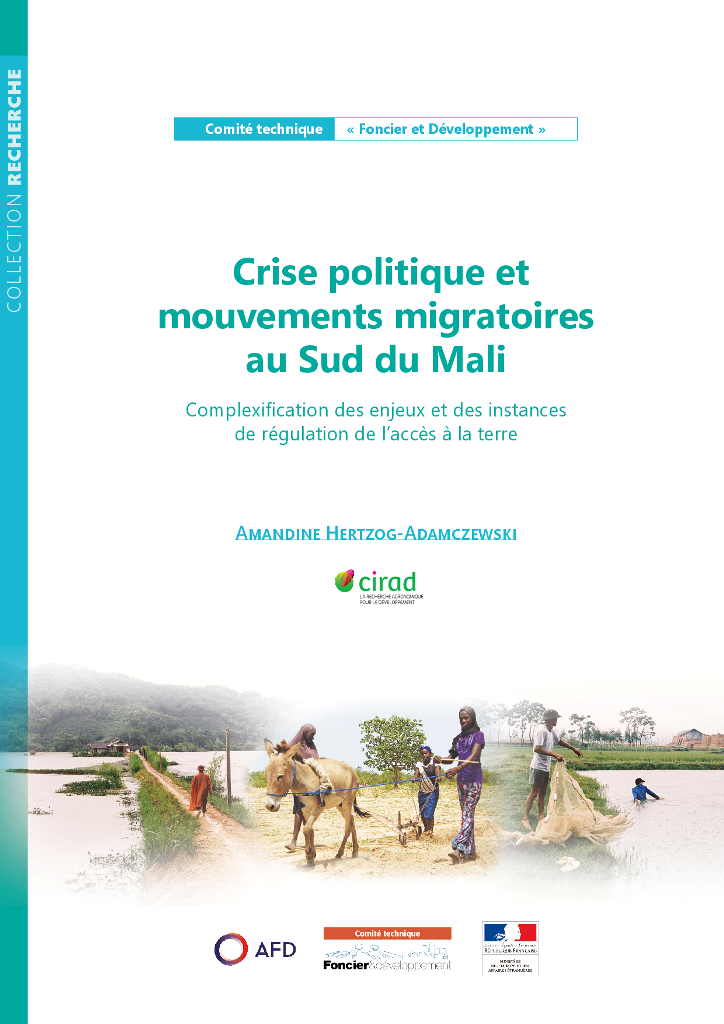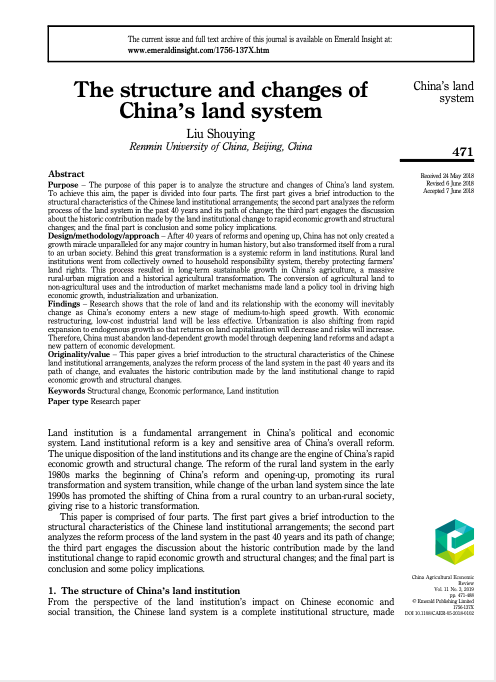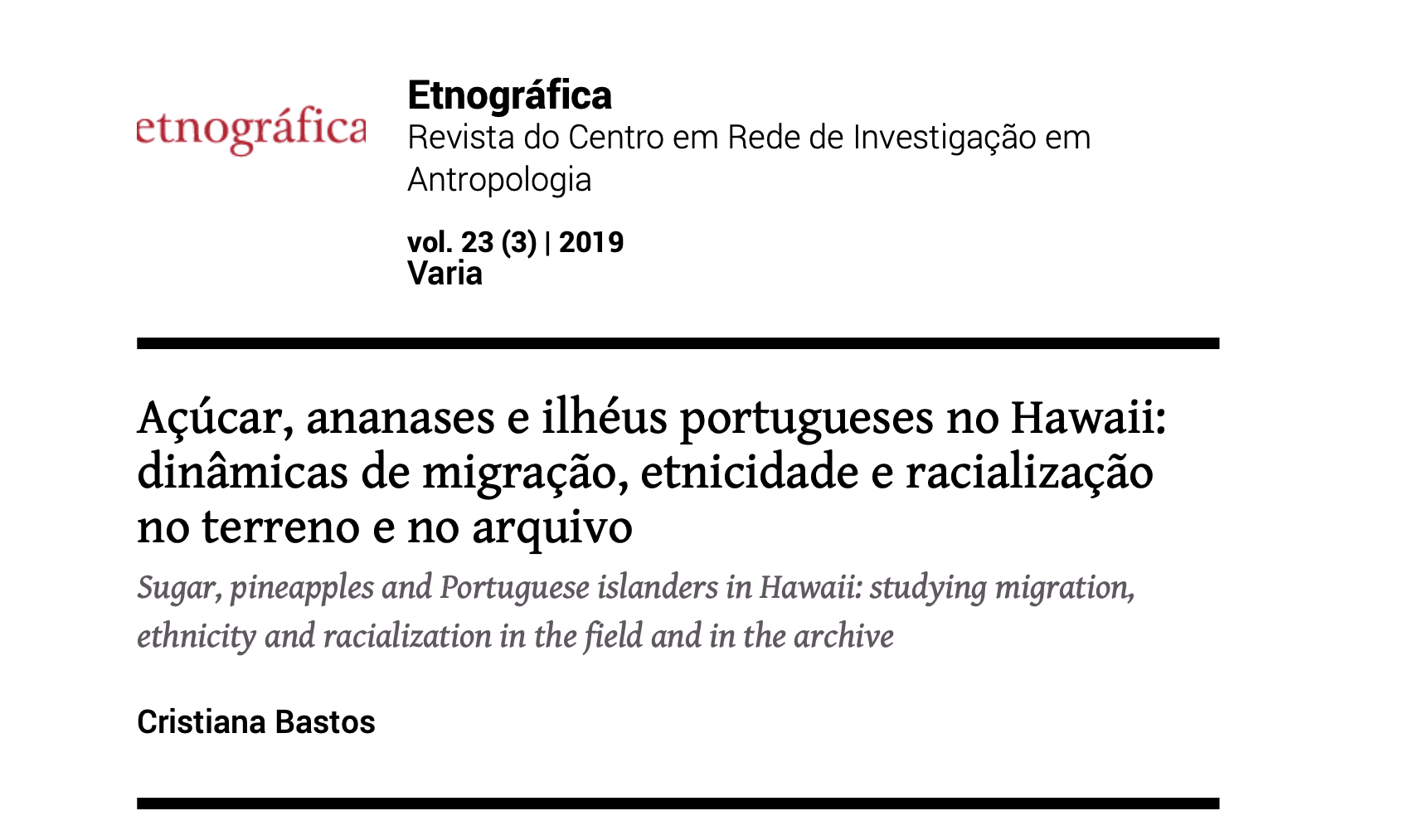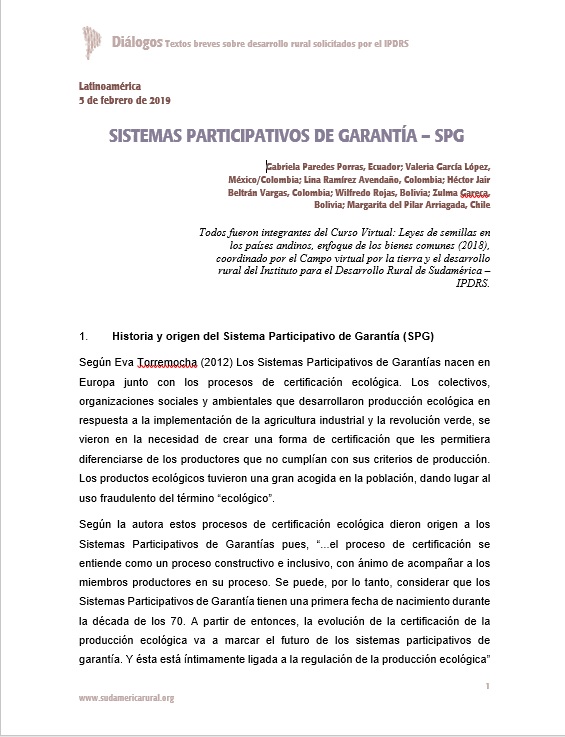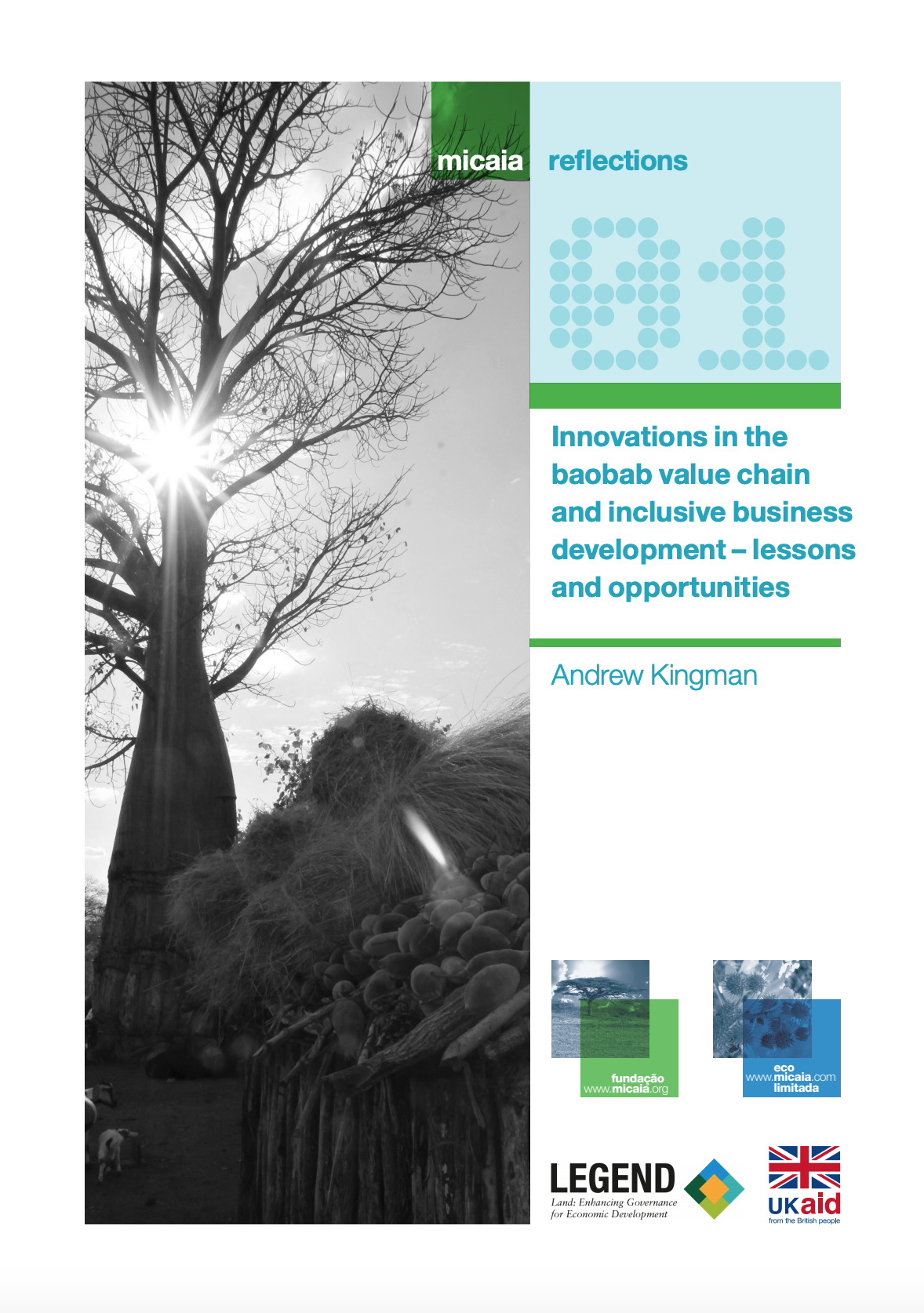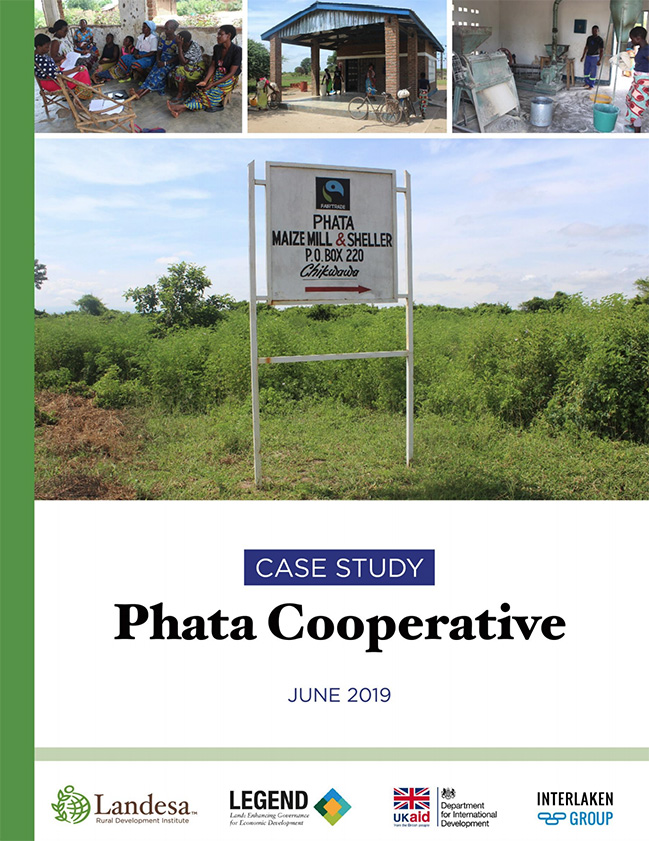The structure and changes of China’s land system
Purpose – The purpose of this paper is to analyze the structure and changes of China’s land system. To achieve this aim, the paper is divided into four parts.
Landgrabbing: Contested meanings of land
A recent wave of large-scale commercial investments in agriculture;extractive industries and other land-based sectors has compounded the ‘global resource squeezein low- and middle-income countries. But many communities affected by land rights violations struggle to assert their rights or obtain redress. Demand for legal support outstrips resources and what is available is not always appropriate. Pursuing litigation often presents significant obstacles and risks to the communities involved without offering any certain outcomes.
Making their voices count: the African women protecting their land rights
New public policies and changing economic fundamentals have spurred private sector investment in commercial agriculture in low- and middle-income countries. Growing numbers of policies and programmes aim to integrate small-scale rural producers into agricultural value chains;based on concepts such as ‘inclusive businessand ‘shared value’.
South Africa’s land report: Zimbabwe lessons?
An analysis of the July South African report on land and agriculture which documents the sorry tale of land reform since 1994. Says action on land reform is long overdue. Makes sensible recommendations on expropriation. Suggests a policy shift towards equity as a goal of land reform and a shift towards redistribution. Makes the case for substantial (at least half) allocations to women and a focus on urban/peri-urban land. Adding to redistribution;restitution and land tenure reform;it suggests a fourth pillar – land administration.
Las semillas son bienes comunes ¿necesitamos leyes para protegerlas?
Las semillas son bienes comunes ¿necesitamos leyes para protegerlas?
Jhaquelin Dávalos Escobar
Açúcar, ananases e ilhéus portugueses no Hawaii: dinâmicas de migração, etnicidade e racialização no terreno e no arquivo
Após uma revisão das combinações terreno-arquivo em trabalhos prévios, abordo as migrações de madeirenses e açorianos para o Hawaii.
A linkage between the biophysical and the economic: Assessing the global market impacts of soil erosion
Employing a linkage between a biophysical and an economic model, this study estimates the economic impact of soil erosion by water on the world economy. The global biophysical model estimates soil erosion rates, which are converted into land productivity losses and subsequently inserted into a global market simulation model. The headline result is that soil erosion by water is estimated to incur a global annual cost of eight billion US dollars to global GDP.
SISTEMAS PARTICIPATIVOS DE GARANTÍA – SPG
SISTEMAS PARTICIPATIVOS DE GARANTÍA – SPG
Gabriela Paredes Porras, Ecuador; Valeria García López, México/Colombia; Lina Ramírez Avendaño, Colombia; Héctor Jair Beltrán Vargas, Colombia; Wilfredo Rojas, Bolivia; Zulma Gareca, Bolivia; Margarita del Pilar Arriagada, Chile
Todos fueron integrantes del Curso Virtual: Leyes de semillas en los países andinos, enfoque de los bienes comunes (2018), coordinado por el Campo virtual por la tierra y el desarrollo rural del Instituto para el Desarrollo Rural de Sudamérica – IPDRS.
Innovations in the baobab value chain and inclusive business development – lessons and opportunities
This reflection paper focuses on the baobab value chain in the north of Manica Province, and specifically on the interactions between women baobab collectors and Baobab Products Mozambique (BPM), as BPM seeks to develop its inclusive business model.
For the last three years, the commercial interactions between BPM and the communities, particularly the women who collect the baobab fruit, have taken place in the context of a LEGEND-funded project implemented by Micaia Foundation. Micaia’s project sought to address two central problems:
Case Study: Phata Cooperative
Recognizing the extensive literature available on outgrower cooperative farming, this case study seeks to add to this literature by providing in-depth learnings and guidance on good practices for structuring commercial, cooperative outgrower schemes in Malawi and potentially elsewhere.
Scale-appropriate mechanization impacts on productivity among smallholders: Evidence from rice systems in the mid-hills of Nepal
Smallholder farmers in the mid-hills of Nepal are facing an acute labor shortage due to out-migration which, in general, has affected the capacity to achieve timely crop establishment, harvest, and inter-cultural operations. These effects are more visible in the case of labor-intensive crops such as rice and promoting higher levels of rural mechanization has emerged as the primary policy response option. Nevertheless, quantitative evidence for the ability of mechanization to offset the adverse effects of shortages increasing labor prices in these systems is largely absent.

